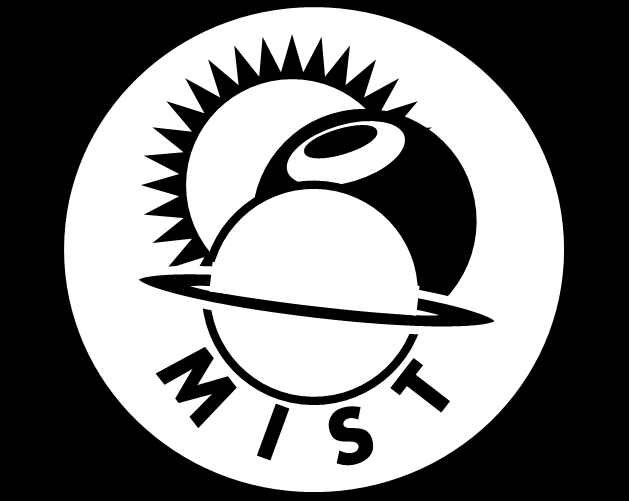MIST
Magnetosphere, Ionosphere and Solar-Terrestrial
Release of the 14th Generation of the IGRF
By Ciaran Beggan (British Geological Survey)
The standard reference model for the Earth’s main magnetic field is known as the International Geomagnetic Reference Field (IGRF). Its primary purpose is to aid scientific research as well as general navigation.
The Earth’s main magnetic field is not static and it changes slowly over time as a result of the chaotic and unpredictable flow of liquid nickel-iron in the outer core. To account for the change (known as secular variation), the geomagnetic community produces an updated version of the IGRF every five years. The latest IGRF is the 14th update and was released in November 2024 to ensure the continuation from the 13th generation whose validity ended in January 2025.
The model consists of a series of snapshot Gauss coefficients every five years from 1900 to 2030. Gauss coefficients can be thought of as the weights assigned to spherical harmonic functions, the summation of which allows a compact and efficient method of determining the magnetic field anywhere on the globe, above or below the surface. The coefficients are defined to degree and order 13 in the latest generation, which gives an approximate spatial resolution of 3000km at the surface.
Analysis shows that the Earth’s magnetic field continues to drift westwards across most the globe and weaken. The South Atlantic Anomaly which has deepened by around 150 nanoTesla over five years and moved westward at around 20km/year. A second low point offshore of South Africa is forming. The magnetic dip pole in the northern hemisphere continues to move rapidly away from Canada toward Siberia at a rate of 35km/year. In contrast, the southern hemisphere pole velocity has remained below 10km/yr since the 1960s. Interestingly, in early to mid-2026, both poles should briefly have the same longitude (136°E).

Maps of the three components of the magnetic field at 2025. The panels illustrate the Declination angle (i.e. angle between true and magnetic North), the Inclination (or magnetic dip) and Total Field Intensity from IGRF-14.
